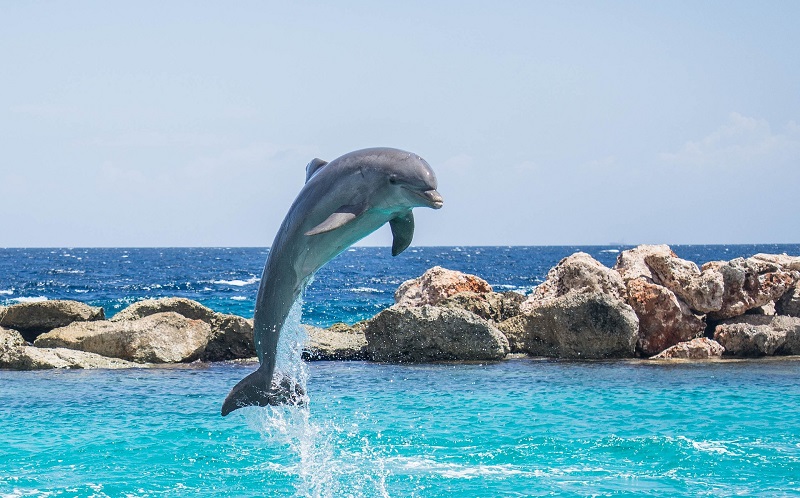Dolphins can live for many years if they are in their natural habitat, do you know how many?
Dolphins are some of the most social and intelligent animals around. They not only live in groups but also communicate with each other, share their knowledge, and demonstrate behaviors similar to human beings.
But have you ever wondered how many years a dolphin lives?
How long do dolphins live in their natural habitat?
Oceanic dolphins live an average of 40 years in their natural habitat. Some of the activities that keep them healthy are:
- Social life: they interact and cooperate with each other in different tasks.
- The movement: they travel between 65 and 150 km per day and can swim up to 90 meters deep.
- Food: they eat a wide variety of fresh fish.
- The free development of natural instincts: they can easily evade other dolphins or unexpected visitors.
You may also like to read, how to clean white converse. To know more visit our Blog https://firstgradeappliances.com/.
The threats of the dolphins
Although dolphins do not have predators in their natural habitat, humans and indiscriminate hunting are the main causes that several species are in danger of extinction.
Furthermore, your home is no longer the natural paradise it once was. The current pollution of seas and oceans is affecting all marine fauna.
You may also like to read, can cats eat yogurt. To know more visit our Blog http://equalityalabama.org/.
How Long Do Dolphins Live in Captivity?
Compared to dolphins that live in the wild, the lifespan of captive dolphins decreases by almost half.
Dolphins that survive more than a year in captivity can live an average of 12 years. Those who were born in captivity tend to live less.
Conditions that decrease the life expectancy of captive dolphins
Living in captivity is not ideal for any species, and dolphins are no exception. Certain conditions define how long dolphins live in captivity:
- Demanding workouts: to adapt to the new home, through food deprivation.
- Lack of movement: they can only swim in circles and in a very small space.
- Diet: based on frozen fish, which have a lower nutritional value than fresh fish.
- Emotional consequences: they are prone to depression and frustration.
- Lack of stimulation of your natural instincts.
- Various diseases: deterioration of vision due to the chlorine in the water, burns, and abrasions due to the shallow depths of the pools in which they live, stomach ulcers due to the medication for depression, and wear of the teeth as a result of frustration.





